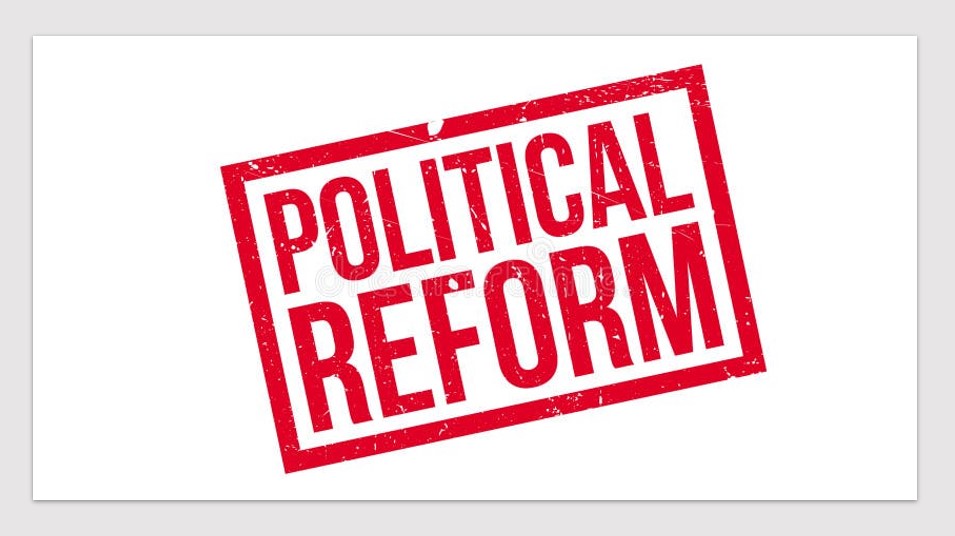News & Trends - MedTech & Diagnostics
Surgeons warn patient care at risk as government drags its feet

As industrial action ripples through NSW Health and doctors resign in droves from ACT hospitals, the Royal Australasian College of Surgeons (RACS) has issued a warning to state governments: act now, or risk the collapse of high-quality care.
The College’s call for urgent and “meaningful negotiations” comes amid widespread reports of unsafe staffing levels, crumbling morale, and a system running on the fumes of exhausted clinicians.
The Australian Salaried Medical Officers’ Federation (ASMOF) survey recently revealed that inadequate staffing is directly fuelling longer wait times, poorer patient outcomes, and deteriorating standards of care. In its submission to the Special Commission of Inquiry into Healthcare Funding, ASMOF warned that New South Wales will continue haemorrhaging doctors to other states offering better pay and conditions.
Despite this, the NSW Government has proposed a below-inflation pay rise of 10.5% over three years for interns, registrars, career medical officers, and medical superintendents – cementing what ASMOF describes as the “worst awards in the country.”
RACS has “deep concerns” regarding the ongoing industrial disputes across NSW public hospitals, which have the potential to significantly compromise both patient care and surgical training outcomes.
“The industrial action follows chronic understaffing, unmanageable workloads and poor working conditions, putting increasing pressure on surgeons, and therefore ultimately jeopardising patients’ safety and care.”
The impact is not hypothetical. It’s playing out in real time, in operating theatres and emergency departments.
“Our surgeons are dedicated to providing the highest standard of care for patients across NSW Health public hospitals,” said RACS Vice President Professor Owen Ung. “However, they cannot continue to do so under the current conditions. We are calling on the Government to act now, to listen to the concerns of our members, and work with us to find solutions that will protect both patients and the surgical workforce now and into the future.”
For many frontline doctors, the conditions have become unbearable. Greens NSW spokesperson for Health, Dr Amanda Cohn, drew from personal experience, saying “I remember what it feels like to be a junior doctor. In my first week as a new doctor, working as a surgical intern, I came home, collapsed on the floor and cried every day.”
The testimonials from doctors inside the system are harrowing.
“I feel complicit in harming patients because of the inadequacy of the service we provide—despite me staying back late every day to try and improve this,” said one doctor.
“Without more medical staff our unit continues to crumble and suffer and patients get much poorer outcomes … we have been told so many times to ‘do more with less’ and ‘work smarter’ … Our hospital delivers world class care despite a broken underfunded system by relying on the goodwill and flagging energy of our medical workforce that is being pushed to the brink. I have friends with mental health breakdown and burnout and even suicide in this system and nothing changes,” reflected another doctor.
RACS warns that the cost of inaction is not just measured in morale – but in lives.
“The ongoing industrial actions highlight these challenges, and we are particularly concerned about the repercussions such as the cancellation or delay of elective surgeries, reduced access to specialist care, and longer wait times for critical procedures,” added Professor Ung.
The College is demanding that governments across NSW and the ACT step up and engage in serious negotiations to address the systemic failures threatening Australia’s surgical care.
It has put forward several recommendations, including elevating senior clinicians to leadership roles in planning and auditing surgical care, fostering respect between administration and clinicians, and confronting the financial sustainability of healthcare head-on – with all stakeholders, including clinicians, colleges, consumers and government representatives, at the table.
![]() In reimagining healthcare across the entire patient journey, Health Industry HubTM is the only one-stop-hub uniting the diversity of the Pharma, MedTech, Diagnostics & Biotech sectors to inspire meaningful change.
In reimagining healthcare across the entire patient journey, Health Industry HubTM is the only one-stop-hub uniting the diversity of the Pharma, MedTech, Diagnostics & Biotech sectors to inspire meaningful change.
The Health Industry HubTM content is copyright protected. Access is available under individual user licenses. Please click here to subscribe and visit T&Cs here.
News & Trends - Pharmaceuticals

Reform blueprint pushes for radical shift amid growing calls for political integrity and transparency
With the federal election now behind us, a bold reform blueprint is back on the table, calling for robust parliamentary […]
MoreNews & Trends - Pharmaceuticals

Australia to launch first guidelines in motor neurone disease
A two-year project to develop the nation’s first clinical guidelines for motor neurone disease (MND) has been launched by University […]
MoreNews & Trends - Pharmaceuticals

World-first immunotherapy trial to treat Type 1 diabetes
Australian researchers have dosed participants in the first clinical trial of an immunotherapy drug to treat Type 1 diabetes. Professor […]
MoreNews & Trends - MedTech & Diagnostics

Bridging the gap between invention and commercialisation for local medtechs
A new national push to get Australian-made medical technologies into local hospitals has been launched, aiming to close the long-standing […]
More